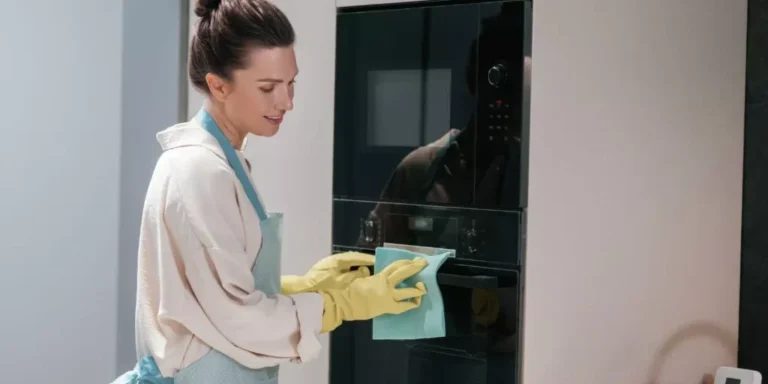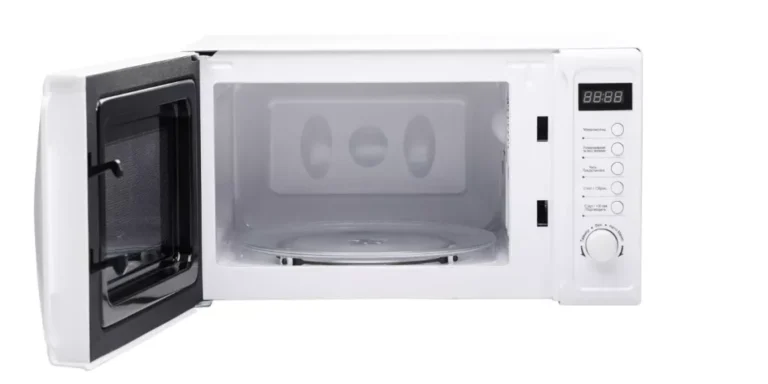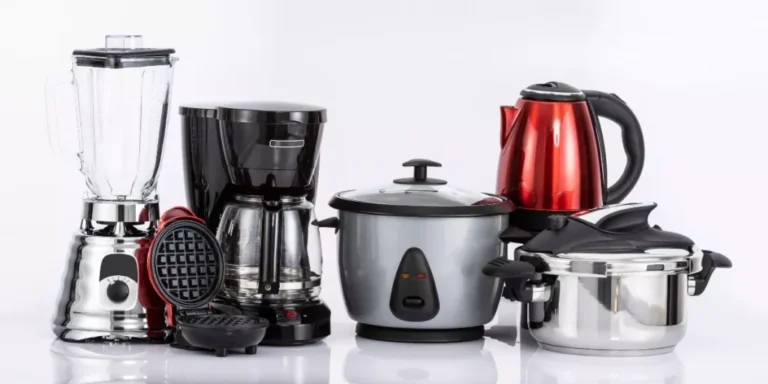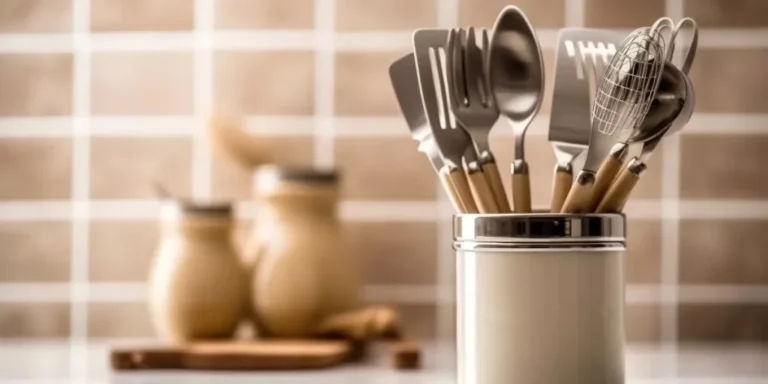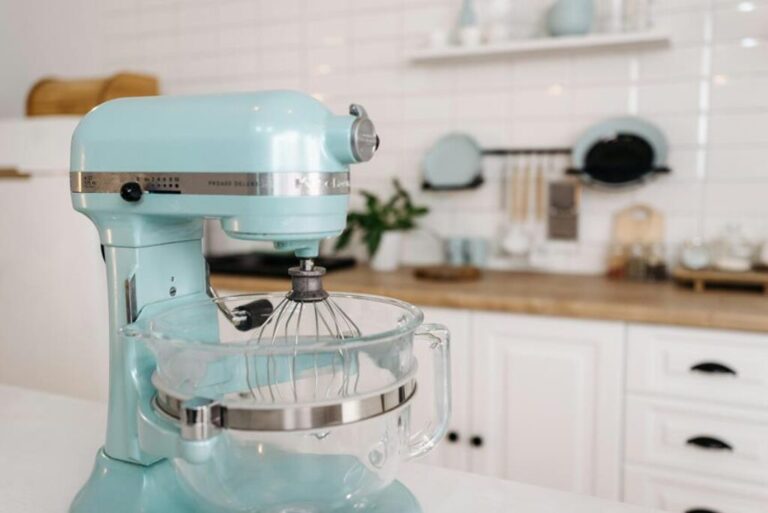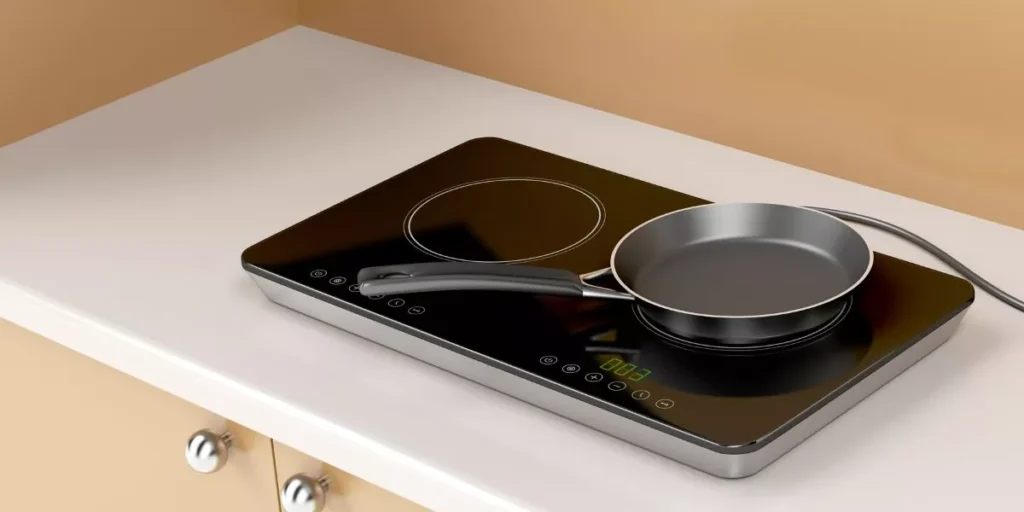
Estimated Reading Time: 10 minutes
We get it. Air fryers are magical countertop gadgets that turn frozen fries into golden heaven without gallons of oil. But when the question pops up — “Are Ninja air fryers toxic?” — it’s not just clickbait curiosity. It’s a legit concern.
If you’re trying to decide whether to buy a Ninja air fryer or toss yours out of a moving vehicle, this post is for you. We dive into real materials, coatings, safety data, customer reviews, and expert opinions so you can cook worry-free.
The Quick Verdict
Not Toxic. Most Ninja air fryers are made with food-safe, BPA-free plastic and ceramic or PTFE nonstick coatings that are FDA-compliant and safe when used as directed.
Top Pick for Non-Toxic Performance: Ninja AF101 4-Qt Air Fryer – affordable, ceramic-coated basket, and rave reviews from health-conscious users.
Want to nerd out on chemical safety, Teflon myths, and what not to do with your air fryer? Keep reading.
Quick Buying Box – What to Look For
| Feature | Why It Matters |
|---|---|
| Coating Type | Ceramic or PTFE? Ceramic is toxin-free; PTFE is safe <450°F |
| BPA-Free Construction | Prevents chemical leaching into food |
| Max Temperature | Know your limits – PTFE coatings can degrade at 500°F+ |
| Dishwasher Safe Parts | Makes cleanup easier without risking coating damage |
| Warranty & Brand Trust | Ninja is known for solid safety standards and support |
The Science: What Are Ninja Air Fryers Made Of?
Ceramic Coating (like in the Ninja AF101)
- Free of PTFE, PFOA, and BPA
- Considered one of the safest options
PTFE Coating (found in models like the DualZone)
- Safe up to 450°F
- Becomes risky only at extreme temps (above 500°F)
According to the FDA, PTFE is safe when used within temperature guidelines. It doesn’t leach into food unless overheated.
Also good news? Ninja doesn’t use PFOA or BPA in their fryers. These chemicals are often flagged for potential health risks, but Ninja clearly states its materials are free from them.
Real User Concerns & Misconceptions
“My air fryer smells like plastic!”
This odor is common in new units. It usually goes away after 1–2 uses or a vinegar-water cleaning cycle.
“Is the coating flaking off?”
Users who scratched the basket with metal utensils noticed flaking. Always use silicone or wooden tools.
“Can it cause cancer?”
Not unless you’re charring food daily at 500°F+. There’s zero evidence linking Ninja air fryers to cancer when used normally.
Best Non-Toxic Ninja Air Fryers
1. Ninja AF101 4-Quart Air Fryer
- Ceramic-coated basket
- BPA-free
- Compact size, great for couples or small families
What people say: “No weird smell. Easy to clean. Love that it’s ceramic!”
2. Ninja DZ201 DualZone 2-Basket Air Fryer
- Cook two foods at once
- Uses PTFE coating (not ceramic) – keep under 400°F
What people say: “Game changer for weeknight dinners. I just don’t preheat it over 390°F to be safe.”
3. Ninja Max XL AF161 Air Fryer
- 5.5 qt capacity
- Max crisp feature
- PTFE coating stable under 450°F
What people say: “It’s my daily driver. Just don’t overheat it and you’re golden.”
Safety Tips for Non-Toxic Cooking
- Don’t preheat empty – it can overheat the basket
- Avoid metal utensils – they scratch nonstick coatings
- Stick to < 400°F unless you’re using a ceramic model
- Clean regularly with non-abrasive sponges
Frequently Asked Questions (FAQ)
Q: Is Teflon (PTFE) safe in air fryers?
A: Yes, as long as you keep it under 450°F. PTFE only starts to break down and emit fumes at temps closer to 500°F.
Q: Do Ninja air fryers contain BPA or PFOA?
A: Nope. Ninja explicitly states that its air fryer components are BPA- and PFOA-free.
Q: Why does my air fryer smell weird when new?
A: That “new appliance” smell is normal and temporary. Running a cleaning cycle with vinegar and lemon can help eliminate it.
Q: Which Ninja model is safest for chemical-sensitive users?
A: The Ninja AF101 with its ceramic coating is the top pick for those avoiding all synthetic nonstick coatings.
Q: Can scratched nonstick baskets be dangerous?
A: If PTFE is scratched and overheated, it can break down. But normal wear from plastic/silicone tools won’t cause this. Replace heavily scratched baskets.
